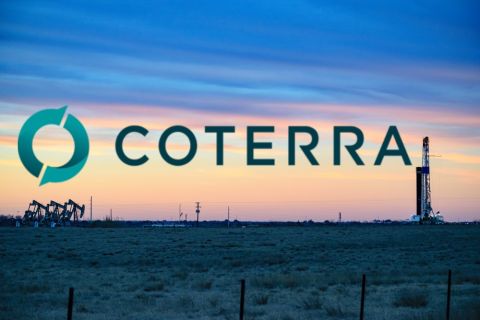Virginia Attorney General Mark Herring on Jan. 22 filed a brief in the Atlantic Coast natural gas pipeline case at the U.S. Supreme Court opposing construction of Dominion Energy Inc.'s $7.3 billion to $7.8 billion project.
Atlantic Coast, the nation's most expensive gas pipe, is one of several projects that have received federal permits in recent years but have been delayed by state opposition and local and environmental legal and regulatory battles.
In the Supreme Court case, Dominion and its partners, Duke Energy Corp. and Southern Co., said the U.S. Forest Service was correct in issuing Atlantic Coast a permit to cross the Appalachian Trail in Virginia.
In his brief, Herring asked the court to affirm the Fourth Circuit Court of Appeals ruling that invalidated the Forest Service permit.
"The Forest Service failed to conduct the meticulous review of Atlantic’s permit application called for by the Service’s governing statutes and regulations," Herring said, noting "the permitting process was rushed and slipshod and driven by Atlantic’s arbitrary deadlines."
Dominion spokesman Aaron Ruby said the company respectfully disagreed with the Attorney General, noting the Forest Service has the full authority to authorize the Appalachian Trail crossing.
The Supreme Court is scheduled to hear the case on Feb. 24.
Dominion has said it expects to complete Atlantic Coast in early 2022.
"Our region’s current infrastructure is not keeping up with growing demand for gas," Ruby said, noting communities in southeast Virginia and northeast North Carolina are experiencing chronic shortages of gas, forcing utilities to shut off service to major industries and the U.S. military during the winter.
Herring, however, questioned whether the project is needed, citing numerous sources that indicate gas demand is actually decreasing, and that renewable energies are becoming more cost competitive.
"The ever-rising costs of building [the pipeline] will be passed on to consumers, by the companies that have contracted with Atlantic to carry gas through the pipeline."
When Dominion started work on the 1.5 billion cubic feet per day pipe in the spring of 2018, the company estimated it would cost between $6 billion and $6.5 billion and be completed in late 2019.
In addition to the Appalachian Trail case, the Fourth Circuit also rejected a permit from the U.S. Fish and Wildlife Service (FWS), saying the agency's decisions were arbitrary and would jeopardize endangered species.
Dominion suspended construction of the 600-mile (966-km) project in December 2018 after the Fourth Circuit stayed an earlier FWS' permit.
Recommended Reading
CEO: Coterra ‘Deeply Curious’ on M&A Amid E&P Consolidation Wave
2024-02-26 - Coterra Energy has yet to get in on the large-scale M&A wave sweeping across the Lower 48—but CEO Tom Jorden said Coterra is keeping an eye on acquisition opportunities.
Matador Resources Announces Quarterly Cash Dividend
2024-04-18 - Matador Resources’ dividend is payable on June 7 to shareholders of record by May 17.
Matador Resources Declares Quarterly Dividend
2024-02-14 - Matador Resources will pay a $0.20 dividend on March 13 to shareholders of record by Feb. 23.
Kimmeridge Fast Forwards on SilverBow with Takeover Bid
2024-03-13 - Investment firm Kimmeridge Energy Management, which first asked for additional SilverBow Resources board seats, has followed up with a buyout offer. A deal would make a nearly 1 Bcfe/d Eagle Ford pureplay.
SilverBow Rejects Kimmeridge’s Latest Offer, ‘Sets the Record Straight’
2024-03-28 - In a letter to SilverBow shareholders, the E&P said Kimmeridge’s offer “substantially undervalues SilverBow” and that Kimmeridge’s own South Texas gas asset values are “overstated.”





